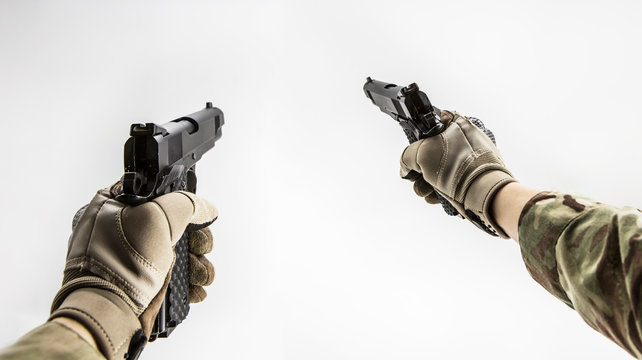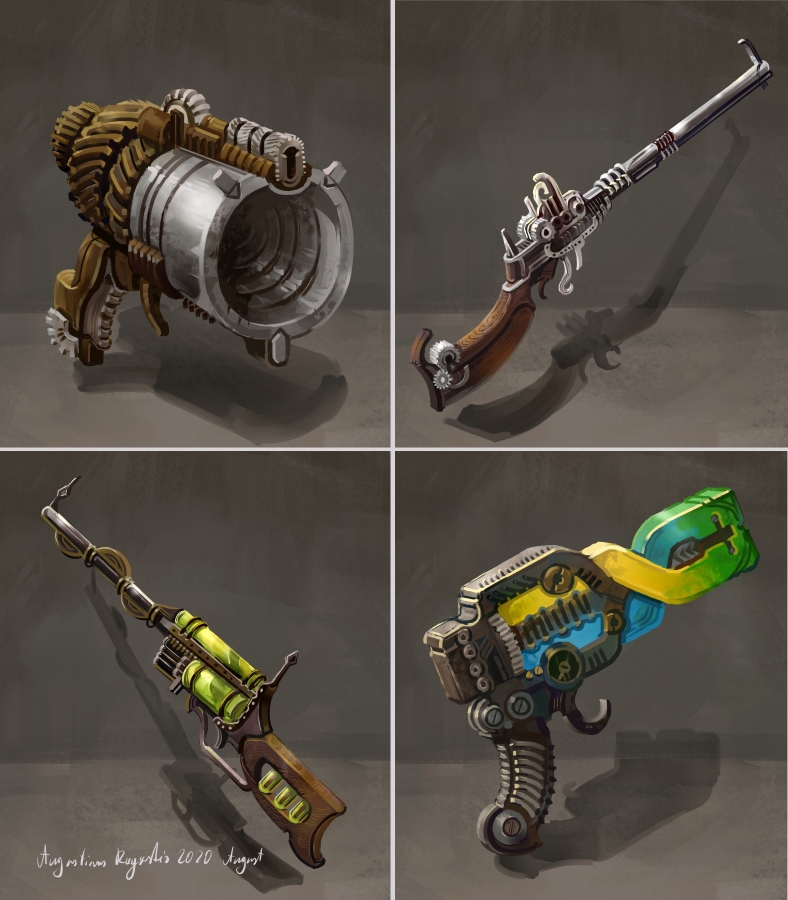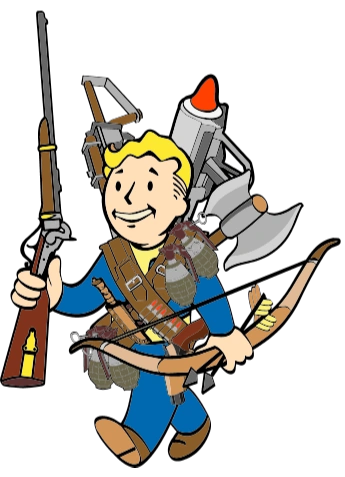Genre Dynamics: How Weapons Define Gameplay
The inclusion of weapons serves as a fundamental pillar upon which entire genres are built. From the adrenaline-fueled chaos of first-person shooters to the strategic depth of role-playing games, the presence and mechanics of weapons profoundly shape the gameplay experience, influencing everything from player engagement to narrative immersion. This article delves into the dynamic interplay between weapons and game genres, exploring how different types of weapons define and differentiate gameplay experiences for players around the world.
Read about also: Narrative Impact: Weapons as Storytelling Devices.
Weapons in First-Person Shooters (FPS)
First-person shooters represent one of the most iconic and enduring genres in gaming, defined by fast-paced action, precision shooting, and intense multiplayer battles. In FPS games, weapons are not just tools of combat but extensions of the player’s identity and skill. From iconic firearms like pistols, rifles, and shotguns to futuristic energy weapons and explosive grenades, the arsenal available to players in FPS games shapes the flow of gameplay, strategic decision-making, and competitive dynamics.

Weapons in Role-Playing Games (RPG)
Role-playing games offer a diverse array of experiences, from epic fantasy adventures to post-apocalyptic survival scenarios, each with its own unique approach to weapon mechanics. In RPGs, weapons serve as symbols of character progression and customization, allowing players to tailor their playstyle and combat abilities to suit their preferences. From swords and sorcery to guns and gadgets, the choice of weapons in RPGs influences character development, combat strategy, and narrative exploration, offering players a sense of agency and immersion in the game world.

Weapons in Strategy Games (RTS and TBS)
In real-time and turn-based strategy games, weapons play a crucial role in shaping the outcome of battles and conflicts between competing factions. Whether commanding armies on the battlefield or managing resources and technology in the war room, players must carefully consider the strengths and weaknesses of different weapons and units to achieve victory. From tanks and artillery to infantry and aircraft, the strategic use of weapons in strategy games requires foresight, adaptability, and tactical mastery to outmaneuver opponents and conquer the battlefield.
Weapons in Action-Adventure Games
Action-adventure games blur the lines between genres, combining elements of exploration, combat, and puzzle-solving to create immersive and cinematic experiences. In these games, weapons often serve as tools for overcoming obstacles, defeating enemies, and uncovering secrets hidden within the game world. Whether wielding a sword to vanquish mythical beasts or brandishing a grappling hook to traverse treacherous terrain, the choice of weapons in action-adventure games empowers players to embark on epic quests and heroic journeys filled with danger and discovery.
Weapons in Multiplayer Online Battle Arenas (MOBAs)
Multiplayer online battle arenas are a relatively recent addition to the gaming landscape, characterized by fast-paced, team-based combat and strategic gameplay. In MOBAs, weapons take the form of magical abilities, powerful artifacts, and devastating ultimates wielded by diverse castes of characters and heroes. Each weapon in a MOBA serves a unique role in the battlefield, from crowd control and area denial to burst damage and support, requiring players to coordinate their actions and adapt their strategies to secure victory for their team.
Conclusion: Shaping Gameplay Through Weapon Design
The inclusion of weapons serves as a cornerstone of game design, shaping the dynamics, mechanics, and player experiences across a wide range of genres. Whether navigating treacherous dungeons, commanding armies in epic battles, or engaging in fast-paced multiplayer skirmishes, the choice of weapons defines and differentiates gameplay experiences, offering players a sense of agency, immersion, and excitement. As game developers continue to innovate and push the boundaries of creativity, the role of weapons in shaping gameplay dynamics will remain an essential and enduring aspect of the gaming experience.



